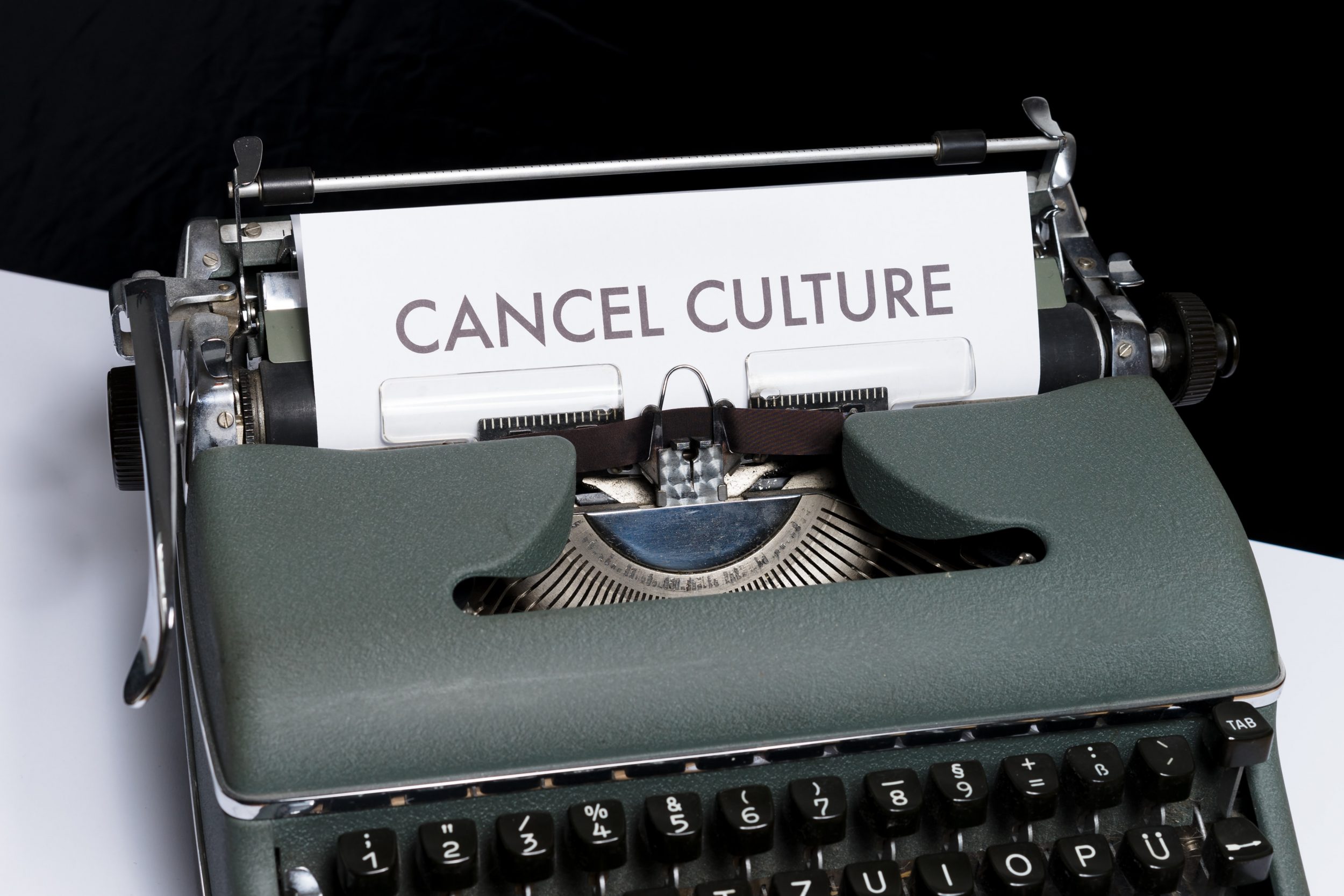In this post, LSE’s Professor Paul Dolan discusses cancel culture and whether the assault on free speech is real or imagined. He argues that we need to avoid conflating disagreement with harm and considers who is driving the idea of a cancel culture.
If you ever go anywhere near social media, you will be familiar with the debate around cancel culture, where people are ostracised for having views that are considered unacceptable. Have we really become less willing to tolerate views we don’t like? And just how do we balance freedom of speech with protection from hate and bullying?
In the third episode of my new Duck-Rabbit podcast, which looks at polarisation within our society, I wanted to examine whether the assault on freedom of speech is real or imagined, whether constraints on speech to protect us from causing offence are justified, or whether the hate speech laws are enough.
Perhaps the real issue is the vilification of those who disagree with us. Acceptance of difference can be interpreted as a sign of not feeling strongly enough about the issue, which perpetuates intolerance towards different views. I care deeply about many things, and I also care deeply about your rights to disagree with me – and, yes, to sometimes offend me.
Whilst this has long been held up as an ideal in liberal democracies, we have never been allowed to say exactly what we want. There have always been constraints around inciting violence or causing physical harm. But it seems that these constraints are moving across into psychological harms with causing and taking offence top of the list.
how do we balance freedom of speech with protection from hate and bullying?
We need to define the boundaries of harm more clearly, as being offended should never in itself be a reason for restricting free speech. And we must do more to understand the experiences and beliefs that cause people to have different views about freedom, rights and responsibilities. We must be allowed to make mistakes and say sorry, and to embed respect, tolerance and forgiveness.
Where it does exist, however, I worry that cancel culture is driven by privileged people who know they are right and who can’t take criticism. We can’t know whether something is offensive to others without knowing the context. We must not jump to conclusions – and I am worried that we are losing sight of that.
It is important to remember that people behave differently online. Social media can provide anonymity and notoriety at the same time, which can be a heady environment. We shouldn’t extrapolate common themes too broadly from what happens online unless that environment translates into real life.
Context always matters and we must not jump to conclusions. Society is richer when we can disagree peacefully. Despite some obvious power structures that we need to break down, I’m optimistic that good arguments will win out over bad ones.
This article gives the views of the author and does not represent the position of the Media@LSE blog, nor of the London School of Economics and Political Science.
Image credit: Peggy und Marco Lachmann-Anke via Pixabay






